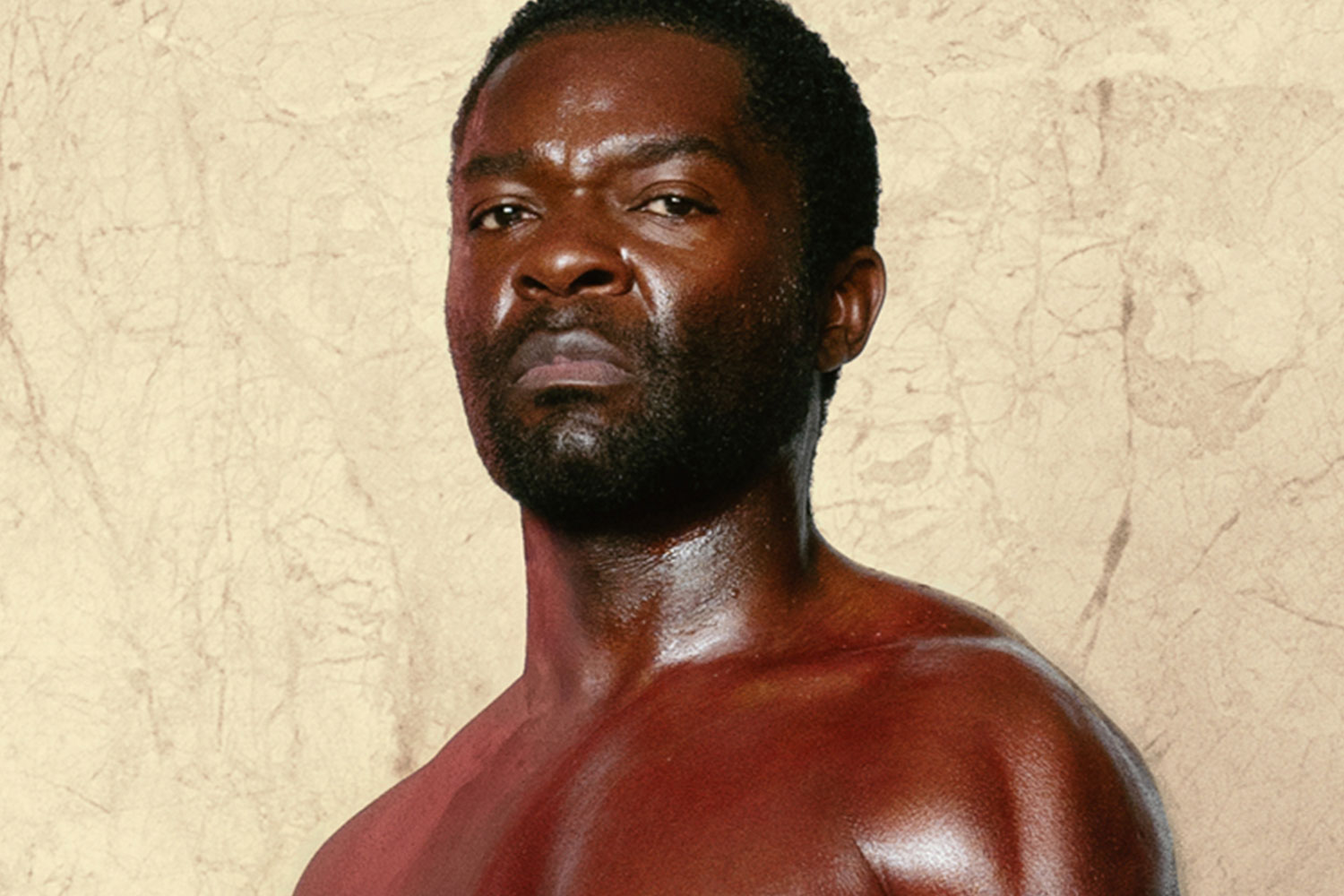Gladiator Games
Part tribunal enquiry play and part prison drama, Gladiator Games turns too often into a lecture theatre rather than a dramatic one. You can’t however, fail to be gripped (and distressed) by the important story it has to tell.
Tanika Gupta diligently reconstructs the case of a young Asian man, Zahid Mubarek, who was fatally attacked by his white, racist and psychotic cellmate Robert Stewart on the eve of his release from Feltham Young Offenders Institution in March 2000, after serving a 90 day sentence for the crime of stealing £6 worth of razor blades and interfering with a car. It’s a crime that cost him his life, as the Prison Service’s duty of care to protect him while in their charge manifestly failed to do so; but their failures also run deeper in this particularly tragic one.
That’s one of the clear conclusions that Gupta comes to; and while the official enquiry (that then-Home Secretary David Blunkett strongly resisted holding) into the circumstances of his death is yet to publish its findings, this play puts the story in the public domain as no mere newspaper story can do and gives it taut, tangible, human life.
A cast of just five do so admirably, populating the play as family, prison officers and fellow prisoners, judges and barristers, and expert witnesses, with lightening versatile changes of character. Even the two key characters – Shiv Grewal as Mubarek and Kevin Trainor as his killer Stewart – double up as others. It’s a tribute to Charlotte Westenra’s lucid production — co-produced with Sheffield Theatres and played out on Paul Wills’ versatile set that turns itself admirably from cell and recreation areas to visiting room and courtroom
— that it is always clear.
Meanwhile, Gupta’s dramatisation also seeks to ask the bigger questions beyond the specifics of this case about the operating of the prison regime there – one where inmates were routinely locked up for 22 hours a day – and it also speculates, amongst other things, on the alleged practice of deliberately putting two young men who would be expected to conflict with each other together, with prison officers even betting on the outcome between them.
This is chastening stuff; and if the conclusion is that structural changes to the prison service are required, you can’t also help that some structural changes are also needed to this play. It jumps between forms too readily, sometimes repeats itself and tells too often rather than shows; but it’s a powerful and shocking event all the same.
– Mark Shenton










